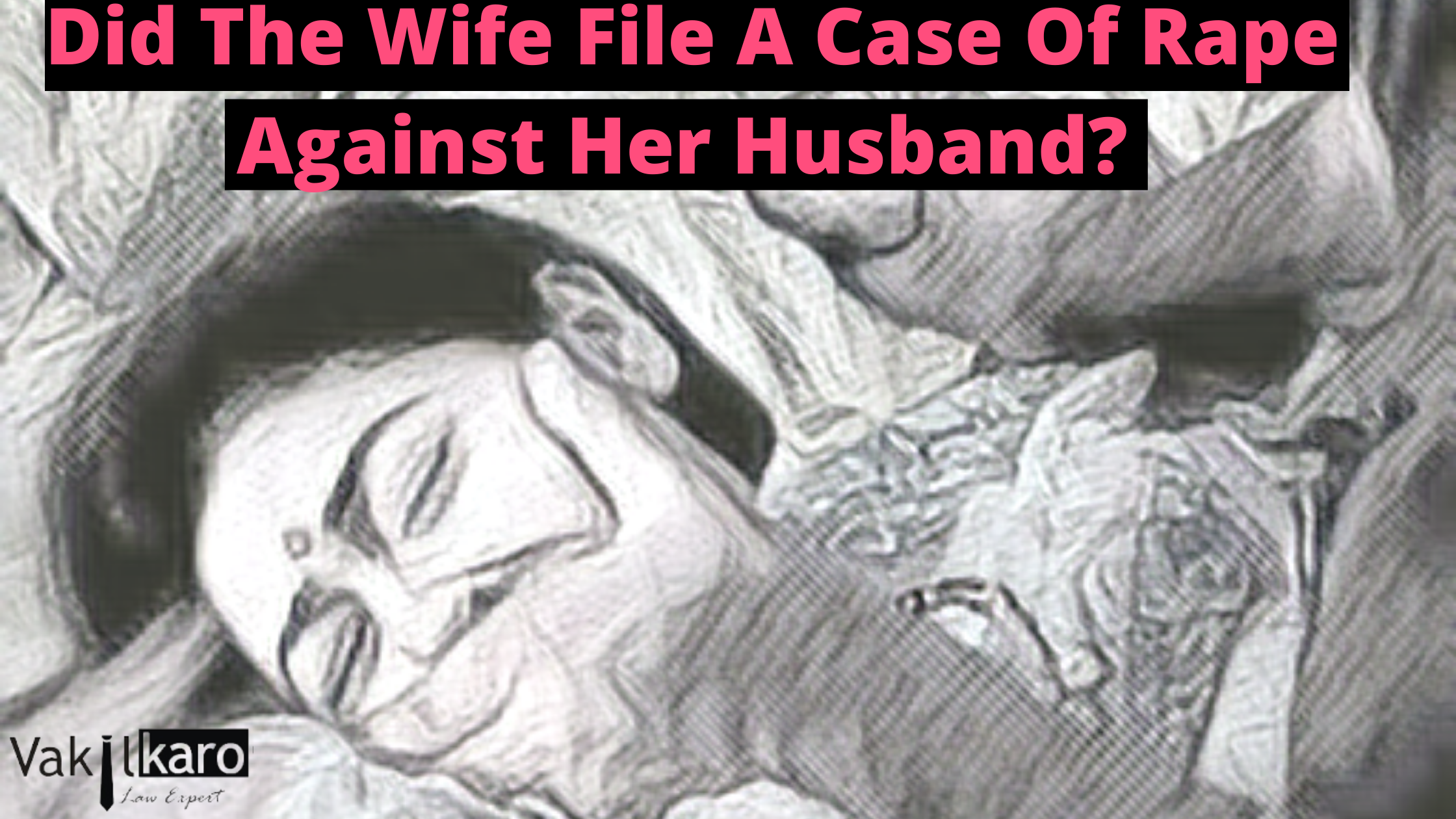"Comparing Judicial Separation and Divorce: Understanding the Key Differences"
Divorce is a legal process that terminates a marriage, dissolving a marriage's legal bonds. It is a formal and permanent end to the marital relationship, granting both parties the freedom to remarry.
The process of obtaining a divorce typically involves filing a petition with the court, stating the grounds or reasons for seeking the dissolution of the marriage. The grounds for divorce can vary depending on the jurisdiction and may include irreconcilable differences, adultery, cruelty, abandonment, or other legally recognized grounds.
What is the meaning of Judicial separation?
According to the Hindu Marriage Act of 1955, judicial separation refers to a legal status granted by the court that allows a married Hindu couple to live apart and separate from each other. It is a recognized form of marital separation under the Hindu Marriage Act.
In the Hindu Marriage Act context, judicial separation is provided for in Section 10. This section outlines the provisions and grounds for obtaining a decree of judicial separation. Some key points related to judicial separation under the Hindu Marriage Act include:
- Petition for Judicial Separation: The husband or the wife can file a petition with the appropriate court seeking a decree of judicial separation. The petition must be filed on the grounds specified in Section 13 of the Act.
- Grounds for Judicial Separation: The Hindu Marriage Act provides various grounds for a decree of judicial separation. These grounds include cruelty, desertion, adultery, conversion to another religion, unsoundness of mind, virulent and incurable leprosy, venereal disease, renouncement of the world, and a spouse presumed dead for a certain period.
- Legal Consequences: Once a decree of judicial separation is granted, the married couple is legally recognized as living apart. However, the marriage remains intact, and the couple cannot remarry. The legal rights and obligations associated with marriage, such as inheritance rights, continue to exist.
- Maintenance and Child Custody: The court may make maintenance or financial support provisions and determine custody arrangements during judicial separation.
It's important to note that while judicial separation grants a legal recognition of separation, it is distinct from divorce. In a judicial separation, the marriage remains valid, and the couple is not legally divorced. If the couple decides to end the marriage permanently, they would need to pursue a separate legal process for divorce under the provisions of the Hindu Marriage Act.
What is the meaning of divorce Hindu Marriage Act?
According to the Hindu Marriage Act of 1955, divorce is the legal dissolution of a marriage between two Hindu individuals. The Act provides provisions for divorce under Section 13, which outlines the grounds and procedures for obtaining a divorce.
Key points related to divorce under the Hindu Marriage Act include:
- Petition for Divorce: The husband or the wife can file a petition for divorce in the appropriate court. The petition must be based on the grounds specified in Section 13 of the Act.
- Grounds for Divorce: The Hindu Marriage Act provides various grounds on which a divorce can be sought. These grounds include adultery, cruelty, desertion, conversion to another religion, unsoundness of mind, virulent and incurable leprosy, venereal disease, renouncement of the world, and a spouse presumed dead for a certain period.
- Legal Consequences: If the court is satisfied that the grounds for divorce are valid and the marriage has irretrievably broken down, it may grant a divorce decree. Once a divorce decree is granted, the marriage is legally dissolved, and both parties are free to remarry.
- Maintenance and Child Custody: The court may make maintenance or financial support provisions and determine child custody arrangements during divorce proceedings.
It's important to note that the Hindu Marriage Act provides for both contested and mutual consent divorce. A contested divorce is when one party seeks a divorce without the other party's consent and requires establishing valid grounds before the court. Mutual consent divorce occurs when both parties mutually agree to dissolve the marriage and they jointly file a divorce petition.
What is the difference between Judicial Separation and Divorce?
Judicial separation and divorce are legal processes that involve the formal separation of a married couple. While they both address the issue of marital separation, there are key differences between the two:
- Legal Status: Divorce results in the dissolution of the marriage, effectively ending the legal relationship between the spouses. Once a divorce is granted, the parties are no longer considered married and can remarry. On the other hand, judicial separation does not terminate the marriage; it merely provides legal recognition of the separation, allowing the couple to live apart while remaining legally married.
- Grounds and Requirements: Divorce typically requires specific grounds or reasons for the dissolution of the marriage, which vary depending on the jurisdiction. These grounds can include factors such as irreconcilable differences, adultery, cruelty, or abandonment. On the other hand, judicial separation often does not require specific grounds. It may be granted based on the request of one or both spouses without the need to prove marital misconduct.
- Legal Process: Divorce proceedings involve a formal legal process, including filing a petition, serving the other spouse, and going through court hearings. The process can be more complex and time-consuming, often involving negotiations or litigation over property division, child custody, and financial support. Judicial separation may also involve legal proceedings but may be less involved and may not require the same scrutiny as divorce.
- Effects on Marital Status: Divorce terminates legal marriage, allowing the parties to remarry. In contrast, judicial separation does not change the couple's marital status. They are still considered legally married and are not free to enter into new marriages unless they subsequently pursue a divorce.
- Financial and Property Matters: Divorce typically involves dividing assets, liabilities, and financial matters between spouses. This includes the determination of alimony or spousal support, child support, and the equitable distribution of marital property. In a judicial separation, while provisions may be made for financial support or child custody, the division of assets and financial matters may be less formal or comprehensive since the marriage still needs to be dissolved.
It's important to note that the specific laws and procedures governing divorce and judicial separation can vary between different jurisdictions. It is advisable to consult with a family law attorney or seek legal advice in your specific jurisdiction to understand the particular implications and requirements associated with each process.
Vakilkaro is a Best Legal Services Providers Company, which provides Civil, Criminal & Corporate Laws Services and Registration Services like Private Limited Company Registration, LLP Registration, Nidhi Company Registration, Microfinance Company Registration, Section 8 Company Registration, NBFC Registration, Trademark Registration, 80G & 12A Registration, Niti Aayog Registration, FSSAI Registration, and other related Legal Services.
Contact India's best Legal Firm, Vakilkaro, today. You can give us a call at +919828123489 or may write an Email also at help@vakilkaro.co.in. We are here to serve you 24/7.
"Happy Customer serves the company success"- we aim to achieve this through our legal services."
Why should you trust Vakilkaro?
- 100% guaranteed satisfaction
- Largest Network across India
- Easy to Hire
- Provides legal service in easy language.

 +91 9828123489
+91 9828123489 +91 9828123489
+91 9828123489 help@vakilkaro.co.in
help@vakilkaro.co.in.png)







.png)







.jpg)
.jpg)
.png)


.jpg)
 +91 9828123489
+91 9828123489 help@vakilkaro.co.in
help@vakilkaro.co.in